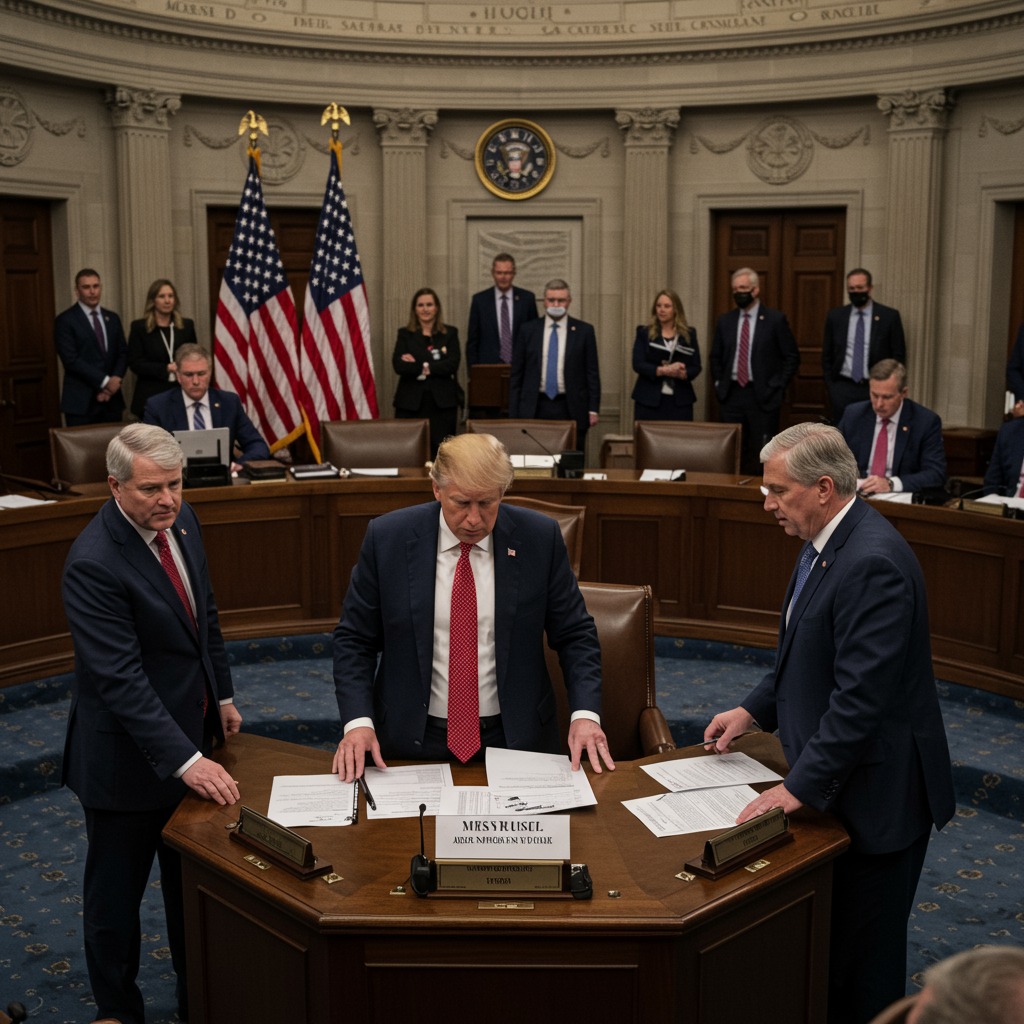Zohran Mamdani’s recent primary victory for the Democratic nomination for New York City mayor has sent shockwaves through Wall Street, eliciting strong reactions ranging from “alarmed” to “depressed” among the city’s financial elite. The stunning win by the democratic socialist Assemblymember signals a potential shift in city leadership that many investors and business leaders view with deep concern.
The core of Wall Street’s apprehension lies in Mamdani’s progressive policy proposals, particularly his emphasis on wealth redistribution and increased government intervention. These align starkly against the financial sector’s preference for policies favoring unchecked capitalism, deregulation, and low taxes.
Key Concerns Driving Wall Street’s Reaction
Several high-profile figures have voiced their anxieties following Mamdani’s primary win:
Tax Hikes: Mamdani has explicitly advocated for taxing the ultra-wealthy, implementing financial transaction taxes, and increasing marginal income tax rates on high earners. He has also supported a state-level wealth tax. Wall Street fears these measures could significantly impact corporate profits and investment income.
Increased Regulation: Broader regulation threatening corporate and investment interests is another major worry for the financial community.
Potential Investor Exodus: Philippe Laffont, founder of Coatue Management, suggested on CNBC that a Mamdani mayorship could accelerate the trend of wealthy residents and firms relocating to lower-tax states like Florida and Texas, a movement already observed since the pandemic began. “Some people are going to, for sure, go,” Laffont remarked.
Economic Ideology: Bill Ackman, head of Pershing Square, admitted waking up “a bit depressed” by the news, prompting him to consider support for alternative candidates. Former Treasury Secretary Lawrence Summers expressed “profound alarm” regarding the future direction signaled by Mamdani’s nomination, linking his policies to “Trotskyite economic policies.”
Impact on the Stock Market and Real Estate
The prospect of Mamdani’s potential leadership has already shown early effects on sectors tied closely to New York City’s economy. Shares of New York regional bank Flagstar, which has significant exposure to the local real estate market, saw a notable decline. Similarly, stocks of office-focused real estate investment trusts (REITs) like SL Green Realty and Vornado Realty Trust also experienced significant drops.
Focus on Rent Control
A particularly contentious policy for the real estate sector is Mamdani’s advocacy for universal rent control. The NYC mayor holds sway over appointments to the board overseeing rent-controlled and rent-stabilized apartments. A pause on rent increases or tighter controls could directly impact the profitability of multi-family rental properties. While most of NYC’s roughly one million stabilized apartments differ from the much smaller pool of controlled units, expanded controls pose a threat to landlords’ revenue streams.
Broader Business Community Concerns
Beyond specific policies, the business community, represented by groups like the Partnership for New York City, is concerned by what they perceive as Mamdani’s ideological reliance on taxpayer-funded spending to address city problems. Kathryn Wylde, president of the Partnership, described the feeling among some as “terror,” fearing a loss of confidence in the city’s leadership could quickly undermine New York’s inherent strengths. She emphasized that while the high cost of living and doing business are real issues, increasing taxes is not seen as the solution. Some of the strongest support for opponents like former Governor Andrew Cuomo in the primary came from affluent neighborhoods known for high earners and business leaders.
While anxiety exists, some investors hope for a dynamic similar to Bill de Blasio’s 2013 mayoral victory, which also initially triggered fears among the financial elite. De Blasio eventually eased some concerns by engaging directly with business leaders. As Laffont noted, despite de Blasio’s tenure, “New York is really strong,” expressing hope for a similar outcome.
Nonetheless, for many on Wall Street, Mamdani’s primary win represents a significant challenge to the status quo and introduces considerable uncertainty regarding the economic future of New York City.

